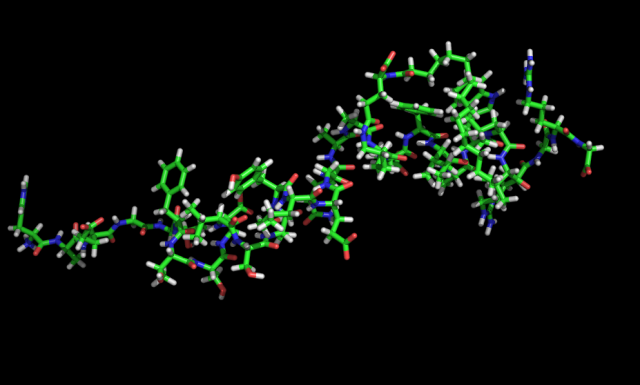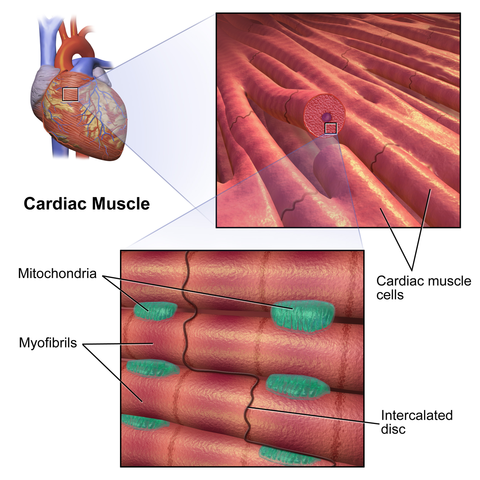September 2006: Results of a national survey from the National Lipid Association (NLA) demonstrate that patients, including those at greatest risk, are woefully unaware of the cardiovascular risks associated with unhealthy levels of triglycerides, a fat found in the blood.
The Moving Beyond Cholesterol survey, which included 2,089 patients and 510 doctors, revealed that the overwhelming majority of physicians felt patients did not understand triglycerides and were not aware of the differences between triglycerides and cholesterol, or the independent risks unhealthy levels of triglycerides may pose to heart health.
Triglycerides are a type of fat (or lipid) found in the blood that is produced by the body and ingested from food. They are measured as part of a standard lipid blood test. Elevated triglycerides are linked to serious illnesses, including heart disease, kidney disease and pancreatitis. Nearly 9 out of 10 doctors surveyed agreed that they are an independent risk factor for heart disease, as outlined by the National Cholesterol Education Program. So-called �good,� or HDL cholesterol, and �bad,� or LDL cholesterol are other types of lipids. The risk is a widespread matter of concern, with 100 million Americans living with unhealthy lipid levels, according to the American Heart Association.
�These findings clearly show that we, as physicians, need to do a more thorough job of being sure our patients understand the cardiovascular risk of unhealthy lipid levels, including often-ignored triglycerides,� said Jerome D. Cohen, M.D., director of Preventive Cardiology Programs at St. Louis University Health Sciences Center and chairman of the National Lipid Association Consumer Affairs Committee. �A first step is for doctors to make sure they understand current guidelines, as those surveyed felt they were less familiar with triglyceride guidelines than with those for �good� or �bad� cholesterol.�
While 83 percent of physicians knew that national guidelines state that normal triglycerides are under 150 mg/dL, only 13 percent of patients were aware of that. And, although 67 percent of physicians surveyed report having discussed healthy triglyceride levels with their patients, fewer than half of patients who report discussing lipids with their doctor recall talking about triglycerides. The risk of developing coronary artery disease doubles when triglyceride levels are above 200 mg/dL. If your triglycerides are above 200 mg/dL and your �good� (HDL) cholesterol is below 40 mg/dL, you are at 4 times the risk.
Of particular note is the finding that even those patients most at risk are unlikely to understand the risks of elevated triglycerides. Of the patients surveyed who were being treated with lipid or cholesterol medications, only 5 percent knew healthy levels for all 3 lipids.
Continue Reading Below ↓↓↓
Women, People With Diabetes at Greater Risk
Elevated triglycerides are an even more significant risk factor for women than men. In fact, an increase in triglyceride levels of 88 mg/dL increases the risk of developing cardiovascular disease by 37 percent for women, compared to 14 percent for men. Despite the fact that elevated triglycerides pose a greater threat to women than to men, significantly fewer women reported having discussed the risks associated with high triglycerides with their doctor.
Of people with diabetes, who are already at increased risk of heart attack and stroke, and in whom high triglycerides are an especially important and common problem, only 15 percent correctly identified normal levels of triglycerides.
Need for Education
The results of the survey, which was conducted by Harris Interactive in July and August 2006, demonstrate the need for improved patient education. Though doctors report having discussed lipids with 3 out of 4 patients, more than 9 out of 10 doctors agreed that most of their patients need to learn more about lipid management. Unfortunately, only 43 percent of patients surveyed said they had discussed lipids with a healthcare provider, suggesting the need to reinforce the lipid discussion in terms of total lipid management.
Encouragingly, patients who reported discussing triglycerides with their physicians were more likely than average to be aware of normal levels, pointing to the positive educational impact physicians can have on their patients.
Funding for this survey was provided by an educational grant from Abbott.
Source: National Lipid Association











